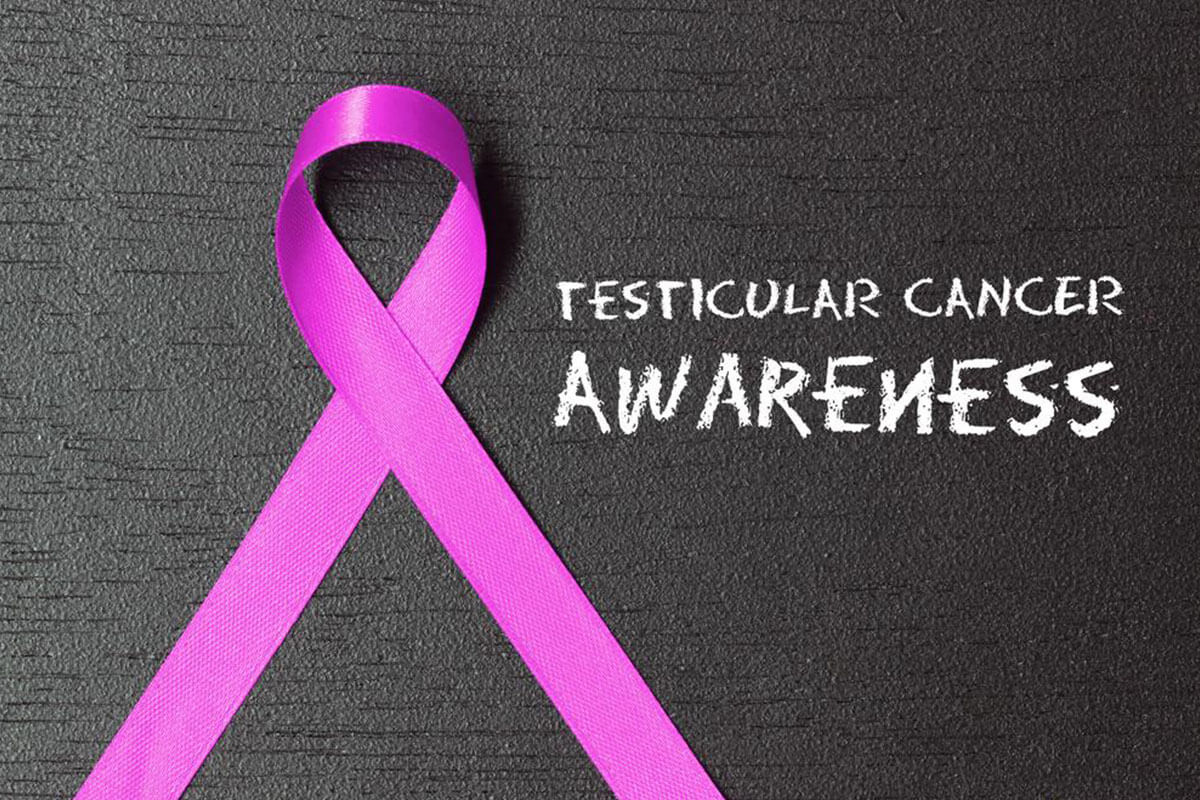Do Not Ignore These Testicular Cancer Symptoms
Testicular cancer is a life-threatening disease. Early detection of the cancer results in a better prognosis. Watch out for these testicular cancer symptoms, and seek help if you notice them.
Testicular cancer is a disease that is characterized by the growth of cancerous cells in the testes of the male reproductive system. The cancer is said to have metastasized if the cancer begins to multiply and spread to the other healthy organs of the body through the bloodstream. However, the good news is that unlike most cancer cases, testicular cancer can be cured even after metastasis.
In general, testicular cancer begins in the cells that produce immature sperms in the testicle, these cells are called germ cells.

- Testicular Lump
One of the early testicular cancer symptoms includes the development of a pea-sized swelling or a lump in either testicle. This lump or cyst also known as spermatocele develops in the epididymis.
- Pain in the Lower Abdomen
Owing to the swellings and lumps in the testicles or in the scrotum, most patients experience pain in the lower abdomen and/or groin area.
- Shortness of Breath
One of the common testicular cancer symptoms is the experience of shortness of breath also known as dyspnea, followed by excessive coughing and chest pains. Sometimes the patient suffering from testicular cancer symptoms may even cough up blood (also termed as hemoptysis) in cases where the cancerous cells have metastasized and spread to the lungs.
- Enlarged Lymph Nodes
It is extremely rare for testicular cancer to spread to other organs apart from the lungs. However enlarged lymph nodes are testicular cancer symptoms that arise when the cancer has spread to the liver resulting in the enlargement of the lymph nodes.
- Collection of Fluid in the Scrotum
Swelling of the scrotum is a result of excessive collection of fluid in the scrotum sac that can cause enlargement of the scrotum. This buildup of fluid in the membrane that is around the testicles is called a hydrocele. While it is one of the testicular cancer symptoms to watch out for, other factors such as trauma, accumulation of fluids, abnormal growth of the testicles, and inflammation can also cause swelling of the scrotum.
- Development of Breasts
In certain extremely rare cases of testicular cancer symptoms, the cancerous cells cause the growth of breast tissue among men, and result in soreness in the area. Breast development is stimulated because of the high levels of a hormone called human chorionic gonadotropin (HCG).
- Scrotal Heaviness
Testicular cancer symptoms such as the feeling of unexplained heaviness in the scrotum sac may also be a warning sign. There are significant changes in the testicles that the patient can observe during later stages of testicular cancer, where one testicle may not be as firm as the other, etc. The size of the testicles may vary with time as the cancer progresses in the system.
Testicular cancer is also caused by certain factors like congenital abnormalities such as kidney penile abnormality, family history, and undescended testicles. However the direct cause for testicular cancer remains unknown. Sometimes men do not display any kind of testicular cancer symptoms and the disease is diagnosed when they are being examined for other conditions altogether. Treatment of testicular cancer can be done with the help of ultra sound, surgery, radiation therapy, and chemotherapy. However there are certain side effects that occur after treatment such as infertility that may disturb the sexual behavior of the patient. Extensive care and follow–up is required in order to avoid the re-appearance of the cancer in the patient’s system.
Early detection of this cancer is paramount to having a good prognosis and survival rate. Keep an eye out for any of these testicular cancer symptoms. If you see one or more of these testicular cancer symptoms that persist over a long time, do not hesitate to get yourself checked by your doctor.

